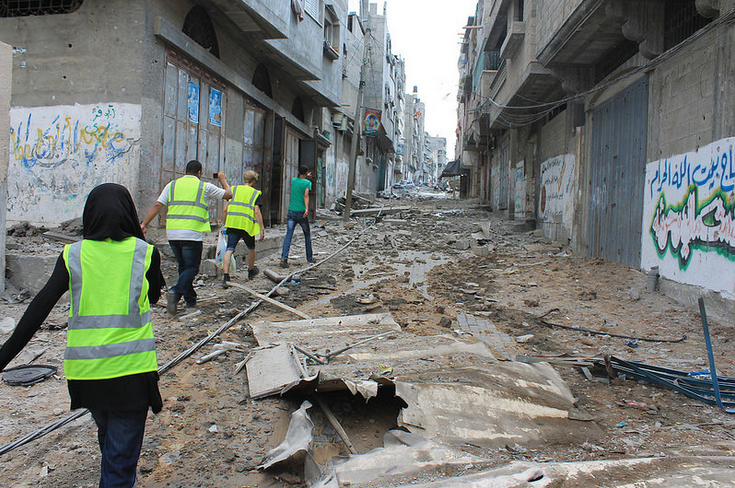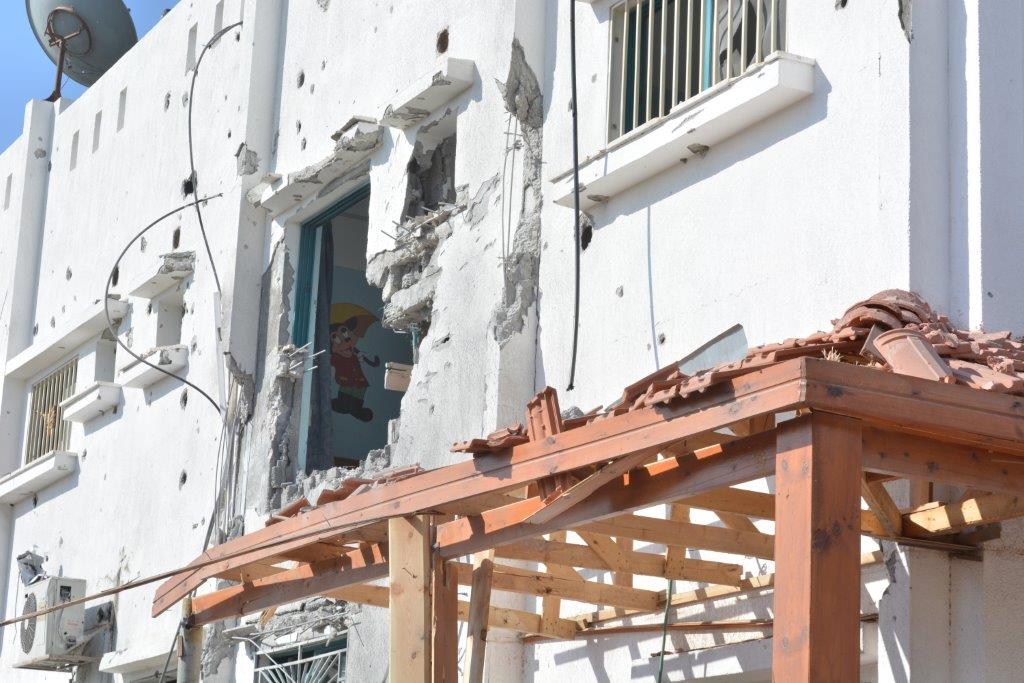Tag: Gaza
-
Trapped in Beit Hanoun
27th July 2014 | Charlie Andreasson | Gaza, Occupied Palestine We raced towards the hospital in Beit Hanoun, our mission was to assist in the evacuation of the hospital with the same name. The Israeli forces had already destroyed 13 ambulances in a row. We had to work fast. But we were soon trapped, Fred and…
-
Video: In memory of Salem Shammaly
27th July 2014 | International Solidarity Movement | Gaza, Occupied Palestine In honour of the memory of Salem Khalil Salem Shammaly, the International Solidarity Movement (ISM) has published all the raw footage, taken by Mohammed Abedullah, of Salem’s murder. Yesterday during the ceasefire, Salem’s body was finally able to be recovered and buried after five long days. Salem’s cousin,…
-
Medical teams under fire
25th July 2014 | International Solidarity Movement | Gaza, Occupied Palestine Updated July 27th: Beit Hanoun hospital was shelled and fired at by Israeli military for almost 13 hours. One of the ISM activists was injured after glass and shrapnel from an explosion struck him in the head. From 08:00 July 26th, after a humanitarian…



